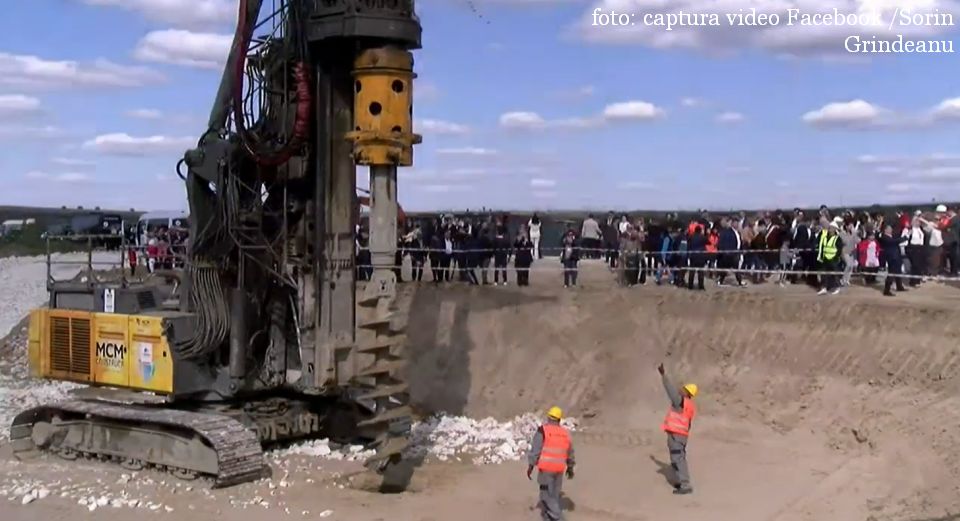Healthcare, the main concern for Romanians
The second edition of the Healthcare Barometer was made public on Monday in Bucharest

Corina Cristea, 07.12.2021, 13:50
The public
healthcare barometer is an annual assessment and analysis instrument, which
measures perceptions, attitudes and views on Romania’s public health policy in
the broader context of the coronavirus pandemic, but also outside it.
Its second
edition was made public on Monday by the Romanian Academy’s Institute for
Political Sciences and International Relations (ISPRI) and the LARICS Sociological
Research Centre, in a partnership with the Romanian Association of
International Pharmaceutical Producers (ARPIM).
The main
conclusion: healthcare is the main concern for Romanian citizens. The
coronavirus epidemic has left a deep mark on people’s perception of the
vulnerability of the healthcare system in Romania. This is one of the main
reasons for the public’s extensive interest in public healthcare (64.3%), says
Dan Dungaciu, head of ISPRI:
Dan
Dungaciu: What we see is that the old
problems in the healthcare system are no longer fundamental. That is, concerns
related to conduct, bureaucracy, the idea that what is cheap is good, all these
things are no longer valid in people’s eyes. The public want more. They are no
longer happy if doctors treat them nicely, if bureaucracy has been cut, maybe
something did change in hospitals and things look better now than 10-15-20 years
ago. And what this tells us-more expensive, better medicines and better
treatments-is that we are dealing with a different type of population that this
healthcare system must cater to.
The
idea of wanting things to be as they are abroad is quite widespread in the Romanian
society, Dan Dungaciu also says: a middle class has emerged in Romania, who want
a high-performance healthcare system, at European standards.
This is
precisely why decision-makers and stakeholders must prioritise long-term
investments, both in the pharmaceutical industry and in healthcare, and must
acknowledge the clear connection between healthcare, economy and people’s
wellbeing, the director of ISPRI also argues.
It is
for the first time that the Romanians’ biggest reasons for dissatisfaction have
to do precisely with access to innovative treatment, screening and health
insurance, ARPIM officials also say. According to the survey, 80% of the
Romanians believe they do not have access to innovative medicines to the same
extent as other Europeans. As for new therapies, such as cellular and gene
therapies, less than half of the interviewees say they would be willing to take
such products, and little over one-quarter say they would if they had no other
option.
Compared
to the previous Barometer, 60% more people say they seek medical advice and
information from doctors, and close to 40% of them say they or their relatives
had online or telephone consultations since the start of the pandemic.
At the
time the data were collected (November 1-19), 67% of the Romanians had a
positive attitude towards vaccines, and said they either have received the
vaccine or intend to in the forthcoming period. (tr. A.M. Popescu)






























